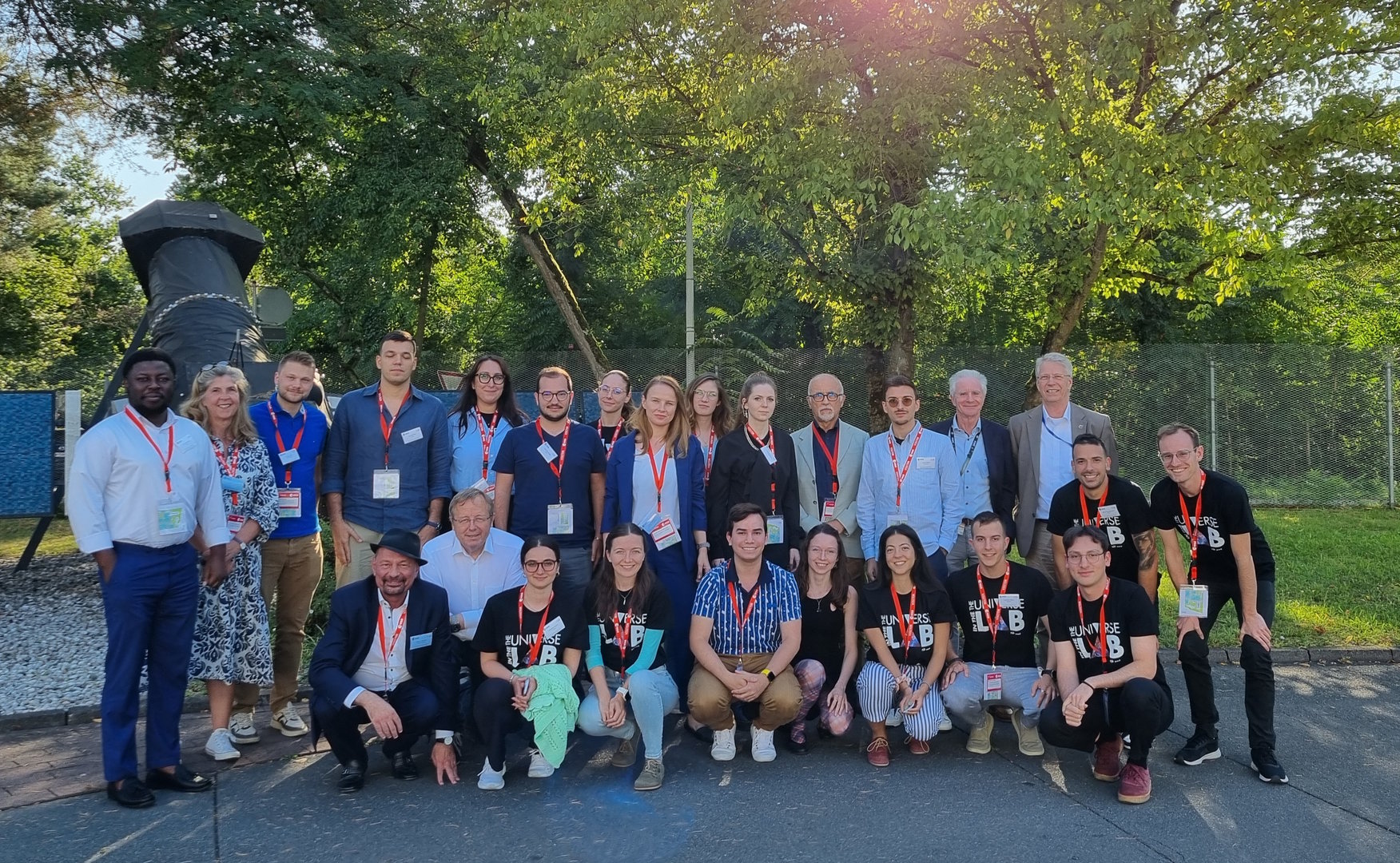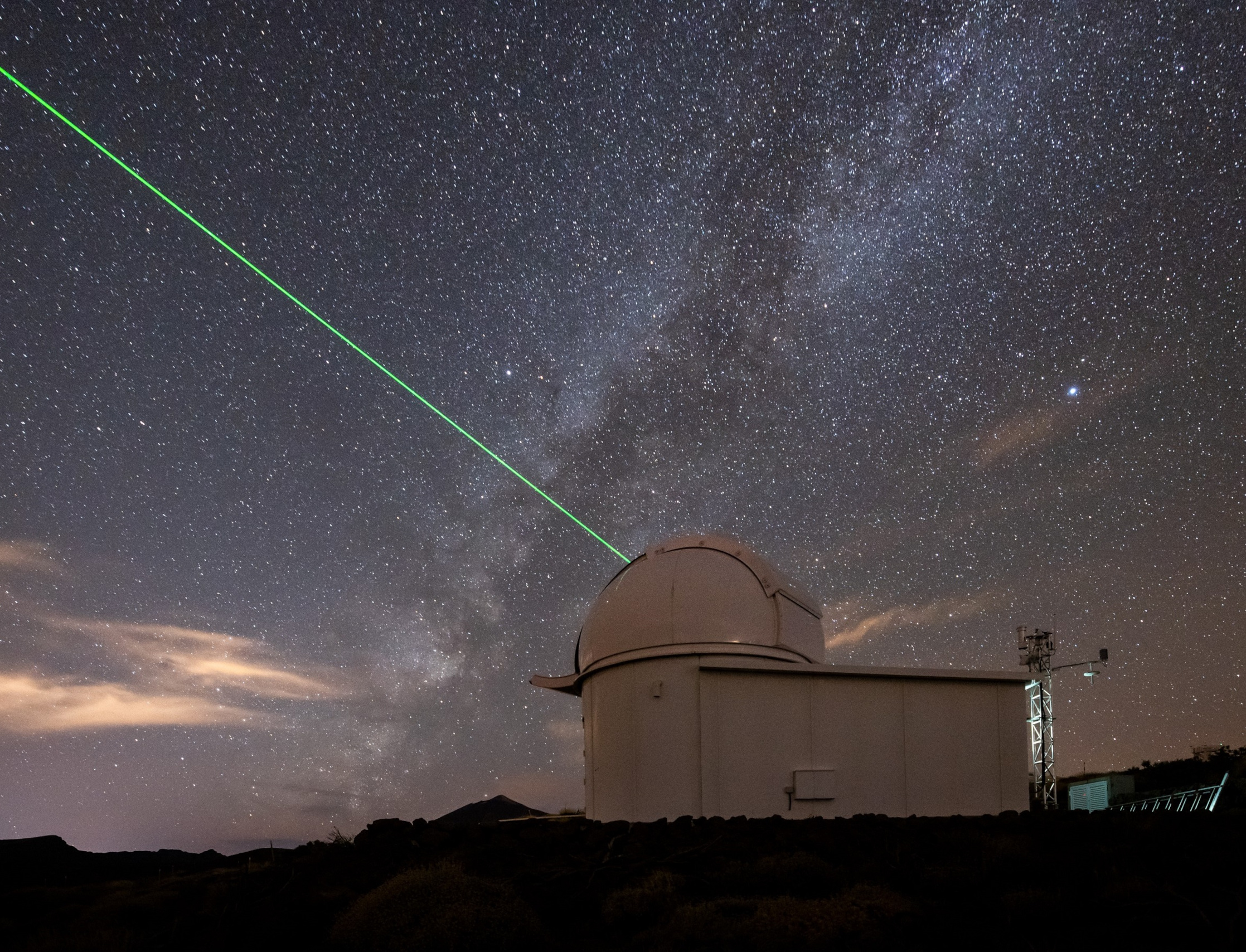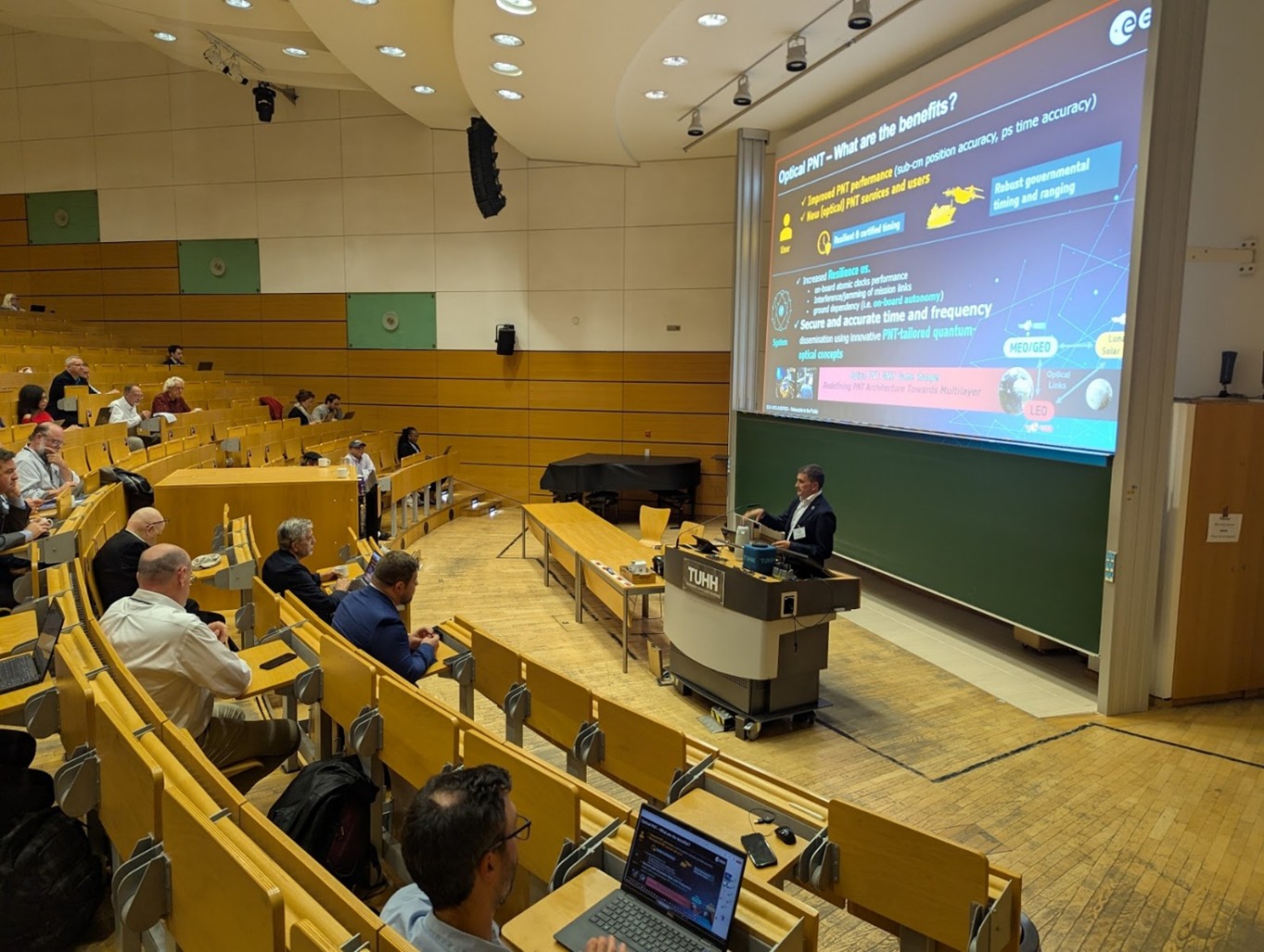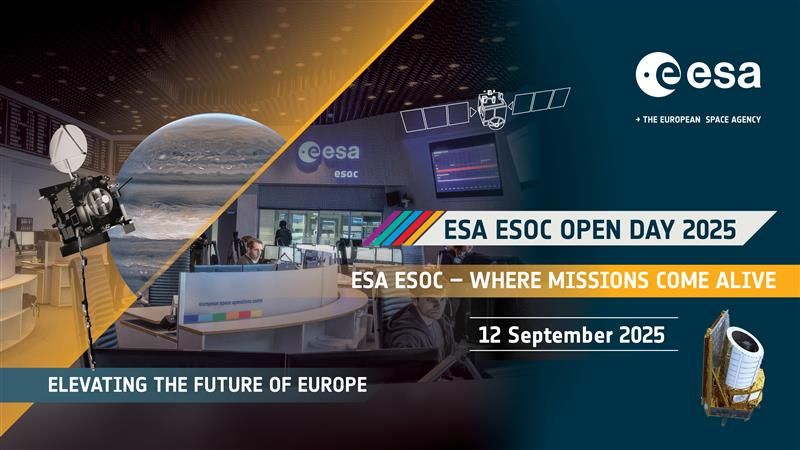Top-class training: ESA and FAIR organize joint summer school on cosmic radiation research
The “ESA FAIR Space Radiation Summer School 2024” is entering a new round: With its first-class training program and high-level expertise, linked to a global network, the training offer for young scientists is once again attracting great international interest this year. Currently, 15 young researchers from ten countries have the unique opportunity in Darmstadt to focus intensively on the topic of cosmic radiation. The renowned summer school for radiation research is jointly organized by the European Space Agency (ESA) and the international accelerator center FAIR (Facility for Antiproton and Ion Research GmbH), which is currently being built at the GSI Helmholtzzentrum für Schwerionenforschung. The participants come from various European countries as well as Canada and the USA.
This two-week Summer School takes place both on the sites of ESA‘s European Space Operations Center (ESOC) and on the GSI and FAIR campus in Darmstadt. The aim is to train students in the fundamentals of heavy ion biophysics for terrestrial and space applications, for example in the areas of detection, monitoring and protection from space radiation. Research into cosmic radiation and its effects on humans, electronics and materials is crucial for future-oriented space travel, ensuring that astronauts and satellites are optimally protected during the exploration of our solar system. Moreover, the research provides valuable insights into the risks of radiation exposure on Earth. The main topics of this year's Summer School include space radiation activities at ESA, space radiation physics and biology, applied physics at GSI/FAIR, particle accelerators, and particle therapy. In a unique combination of lectures and practical workshops, participants can deepen their knowledge of radiation research.
The scientifically outstanding program was opened by Dr. Anna Fogtman¸ Radiation Protection Operations Lead at the European Space Agency, and Professor Marco Durante, Head of the GSI Biophysics Department. It includes lectures by experts such as former astronaut Thomas Reiter and former ESA Director General Johann-Dietrich Wörner, tours of facilities in Darmstadt, an excursion to ESA's European Astronaut Center (EAC) in Cologne, practical training and research opportunities. At the end of the first week, the participants switch between the two locations ESOC and GSI/FAIR-Campus. There they are welcomed in the second week by Dr. Yvonne Leifels, Research Director GSI/FAIR. Dr. Radek Pleskac gives an insight into the FAIR project. At GSI and FAIR, the participants have the opportunity to work in teams on laboratory activities and learn more about the research fields of radiation biology and simulation of cosmic radiation in accelerators.
The young researchers can further develop and expand their own experiment ideas by submitting proposals for ground-based space radiation experiments, for example as part of the IBER program, which deals with the biological effects of radiation. IBER enables research groups to use GSI's accelerator facilities to study the biological effects of cosmic radiation. At the end of the ESA-FAIR Radiation Summer School, participants will take written exams and/or carry out teamwork, which will be evaluated and graded.
The establishment of the Summer School is the result of many years of close cooperation between ESA and FAIR on cosmic ray research and one of several projects within the GSI/FAIR-ESA cooperation agreement. GSI's existing accelerator facility is the only one in Europe capable of producing all ion beams found in the solar system - from the lightest, hydrogen, to the heaviest, uranium. With the future FAIR accelerator center, these possibilities will be significantly expanded: FAIR will enable experiments with an even broader spectrum of particle energies and intensities and will be able to simulate the composition of cosmic rays even more precisely. Its proximity to the ESA Satellite Control Center in Darmstadt also creates optimal conditions for regional cooperation in one of the key research fields of the future.



